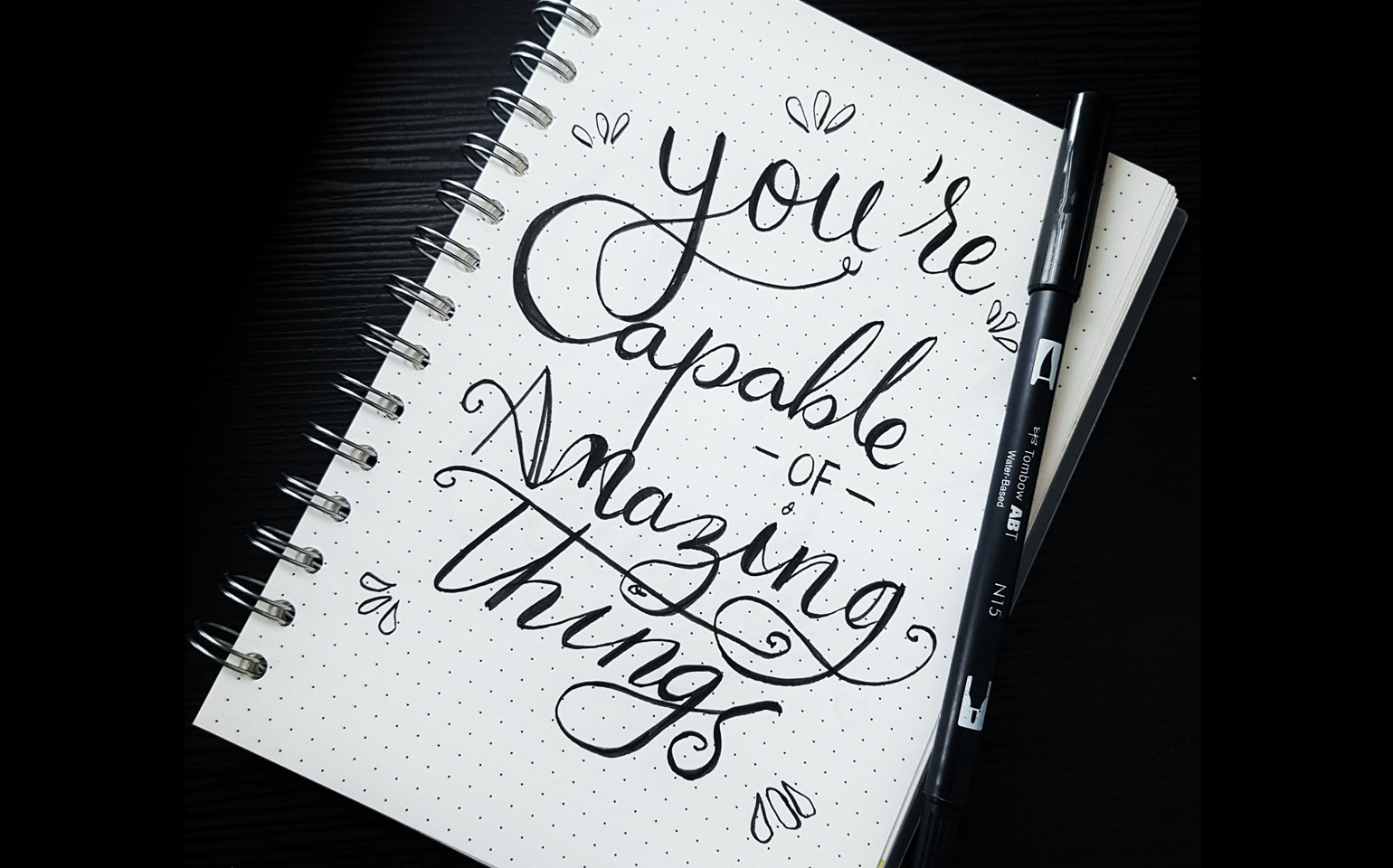
Listening and Trust
We spend more than 80% of our day communicating with one another, and around half of that is listening. Active listening is extremely important in every aspect of our lives, and people are increasingly stressing the importance of it. Being a good listener has benefited my life greatly as it allows others to trust me and establishes the way I build relationships with others. Perhaps my innate introversion gave me the habit of listening more than talking, but my conversations with many others prove to me again and again just how important listening skills are in building trust and positive relationships.
As COVID-19 has confined us to our homes, I started making friends on online platforms just like most teenagers my age. I met several friends through gaming and eventually started talking to them on Discord, a widely used social media platform amongst youth.
Though we were complete strangers when we first met—we don’t even live in the same country—our conversations seemed very natural. It did not take long for them to trust me with things that they might have not told their in-real-life family and friends because they felt more comfortable talking to me.
Active listening skills are not techniques to be applied, but a habit. When I was texting my friends, I wasn’t reminding myself to be attentive, ask further questions, clarify, and reflect on feelings but rather using these skills naturally. Leaving comfortable room for whoever I was talking to while also reflecting on what is being said allows the others to speak freely.
At the time, I didn’t recognize how powerful being a good listener actually is. However, when my friends tell me “I don’t know why I’m telling you this,” “I’ve only known you a short time but,” or, “it’s very easy to talk to you,” I realized that we were steadily bonding. A pleasant and understanding atmosphere we share in our conversations are vital in our relationships.
Perhaps you may think that because it’s texting, it’s a bit different from face-to-face conversations. That may be so, but active listening is essentially the same everywhere, whether you’re online or off. When schools finally reopened in September, the same thing happened—in less than a month, my friends categorized me as a person who’s always willing to listen. They agreed that they would most likely trust me with information that they might not want to share with others because, “I feel like [she] wouldn’t leak my secrets,” one of my friends said.
Active listening skills are not complicated. In fact, most people can name them! If you were to give a list of the habits of a good listener, you might come up with something similar to this:
- pays attention to the speaker’s words
- doesn’t interrupt, isn’t quick to judge or criticize
- sees the speaker’s perspective instead of from a subjective view
- asks clarifying or probing questions
By being attentive to the way you listen and trying your best to incorporate these skills in your interactions, you can build good listening habits in daily life. This is essential to developing the relationships you have with others, be that family, friends, or even strangers.
Although many people understand why they should actively listen, it is often difficult to put their knowledge into practice. My advice is to start applying these skills to your everyday conversations bit by bit.
For example, when you disagree with what someone else is saying, consider letting them finish their entire point before judging. Eventually, you’ll start doing it unconsciously. From my own experiences, I learned that active listening skills are vital in building trust, without which intimate relationships are impossible to develop.
Listening is something we do everyday, whether we want to or not. It is such an essential part of our lives that it is only natural for us to dedicate our efforts into doing it well. Consider applying active listening skills in your lives—you’ll see the positive changes soon enough!



